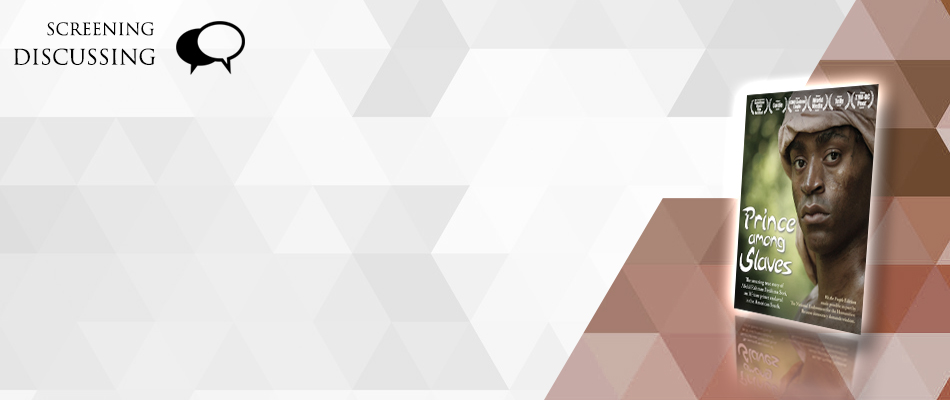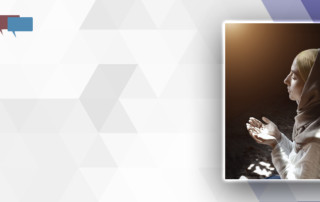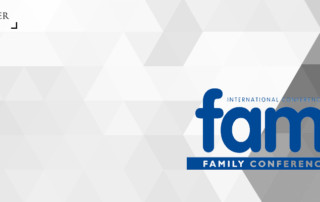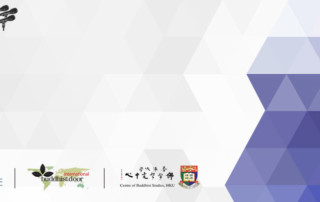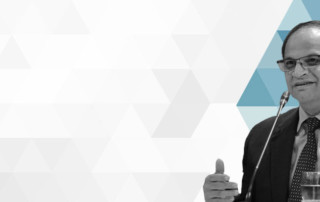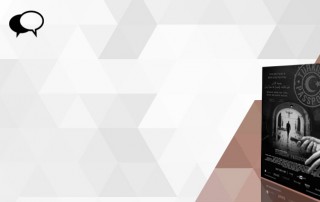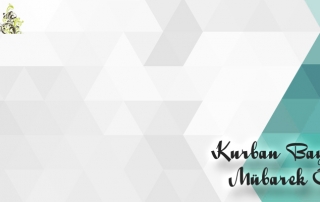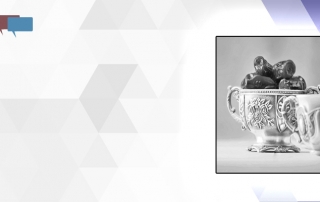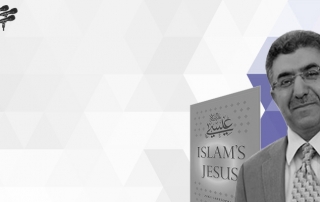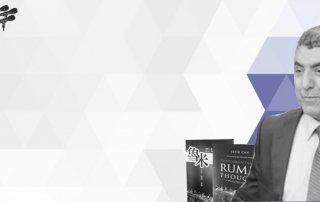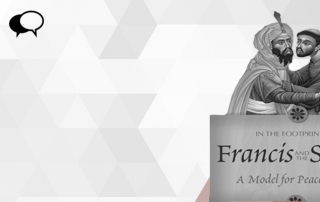Prince Among Slaves
The Cultural Legacy of Enslaved Africans & Our Time
Posted on 29/2/2016
EVENT DETAILS
Prince Among Slaves is an award-winning PBS documentary about the life of Abdul Rahman Ibrahima Sori, a West African prince enslaved in the American south for 40 years. The screening will focus on the importance of understanding the lives of people whom enslaved in the past and to criticize our modern socities and “princes among us”.
Prince Among Slaves recounts the true story of an African Muslim prince who was captured and sold into slavery in the American South. After 40 years of enslavement, he finally regained his freedom, became a national celebrity, and dined in the White House. This is an incredible story about an incredible man who endured the humiliation of slavery without ever losing his dignity or his hope for freedom.
Prince Among Slaves was conceived, designed, and executive produced by Unity Productions Foundation (UPF), and received substantial NEH planning and production funding in 2005 and 2006. The program was co-produced with Spark Media and Duke Media, Inc. It won the Best Documentary Award at the 2007 American Black Film Festival in Los Angeles and received a national broadcast on PBS, leading off the network’s Black History Month programming in February 2008. Prior to the broadcast, Unity Productions Foundation coordinated screenings of Prince Among Slaves in over 20 major U.S. cities in such diverse locations as the Hayti Heritage Center in Durham, North Carolina; the Fellowship Chapel in Detroit; the Rialto Center for the Performing Arts in Atlanta; and the AFC World Outreach Center in Chicago. With support from organizations such as the Urban League, National Black Arts Festival, NAACPChapters, Howard University, and Americans for Informed Democracy, these screenings brought together civic leaders committed to supporting the arts, civil rights and cultural diversity.
Prince Among Slaves explores the dramatic true story of an African prince, Abdul Rahman Ibrahima Sori, who was captured in a war in West Africa and enslaved in Mississippi for 40 years. Abdul Rahman was trilingual, a successful military general and the heir to Futa Jallon, a West African Empire the size of Great Britain. While enslaved, Abdul Rahman toiled on a small, struggling plantation in Mississippi. He married a first-generation enslaved woman, and they had nine children. Through improbable circumstances, twenty years into his enslavement he was reunited with a marooned sailor that his father had rescued decades earlier. This event brought the first public attention to Abdul Rahman, which over the next several years led him to become the most famous African in America.
His story eventually attracted the interest of such powerful men as President John Quincy Adams and Secretary of State Henry Clay. In a diplomatic effort aimed at freeing captured American sailors in Morocco, Abdul Rahman was released to return to Africa. However, his wife and adult children (and their respective wives and children) were not. For about a year he traveled around the U.S., speaking to paid audiences and trying to win patrons to buy his extended family’s freedom. He was only partially successful. He was forced to leave the country due to changing political circumstances, and only had enough money to purchase his wife and two of his sons and their families free. He continued to work for their freedom while in Africa, but died tragically a few months after he returned to Africa.
His story of courage and forbearance under the meanest of circumstances is a powerful drama that not only speaks directly to the African American experience, but also to the human experience. It expands our idea about what it means to be human, what we’re capable of surviving, and how our dignity can remain intact, even when under relentless assault. And because his story takes place beginning around 1776, it also illuminates the foundational period in American history as viewed from a perspective that is generally ignored when thinking about the establishment of the country: that of the African people enslaved in the early years of nationhood.
Date: 22 April 2016
Time: 6-8 pm
Venue: 909 CCWU Building, 302-308 Hennessy Rd, Wan Chai, HK
Admission: Free
Program Details:
– 6.00 Welcoming
– 6.05 Remarks by PI Exc. Dir.
– 6.10 Screening
– 7.10 Commentary & Discussions
– 7.30 Refreshment Service
– 8.00 Closing Remarks
- Dialogue Between Islam and Buddhism through the Concepts Ummatan Wasatan and Majjhima-PatipadaPearl Institute2017-06-06T11:38:04+08:00
- Heritage of Dialogues between Islam and Confucianism: Chinese Islamic Classic during the later Ming and Qing DynastiesPearl Institute2017-06-06T11:38:10+08:00
- “In the Footprints of Francis and the Sultan: A Model for Peacemaking”Pearl Institute2017-06-06T11:38:29+08:00
- Verses of Love – Buddhist, Islamic and Christian Poets on Embracing “the Other”Pearl Institute2017-06-06T11:38:29+08:00

